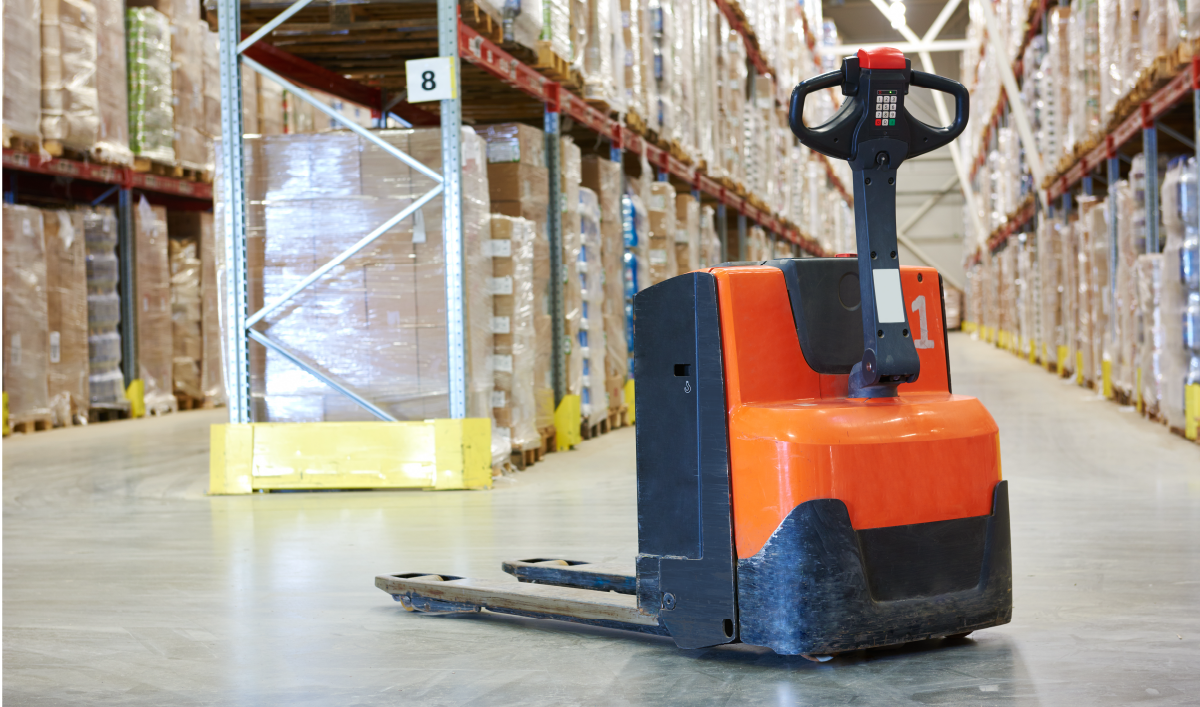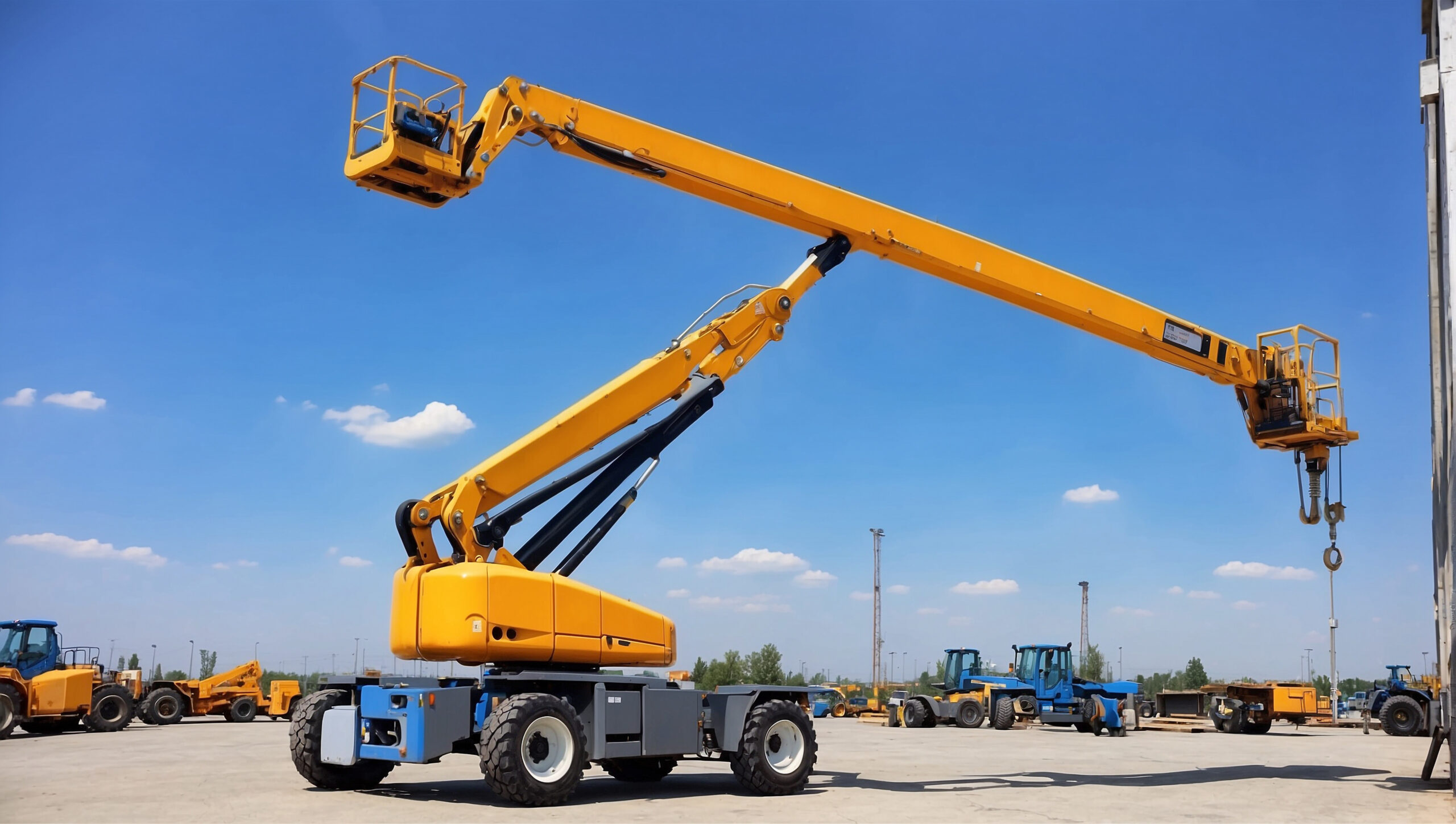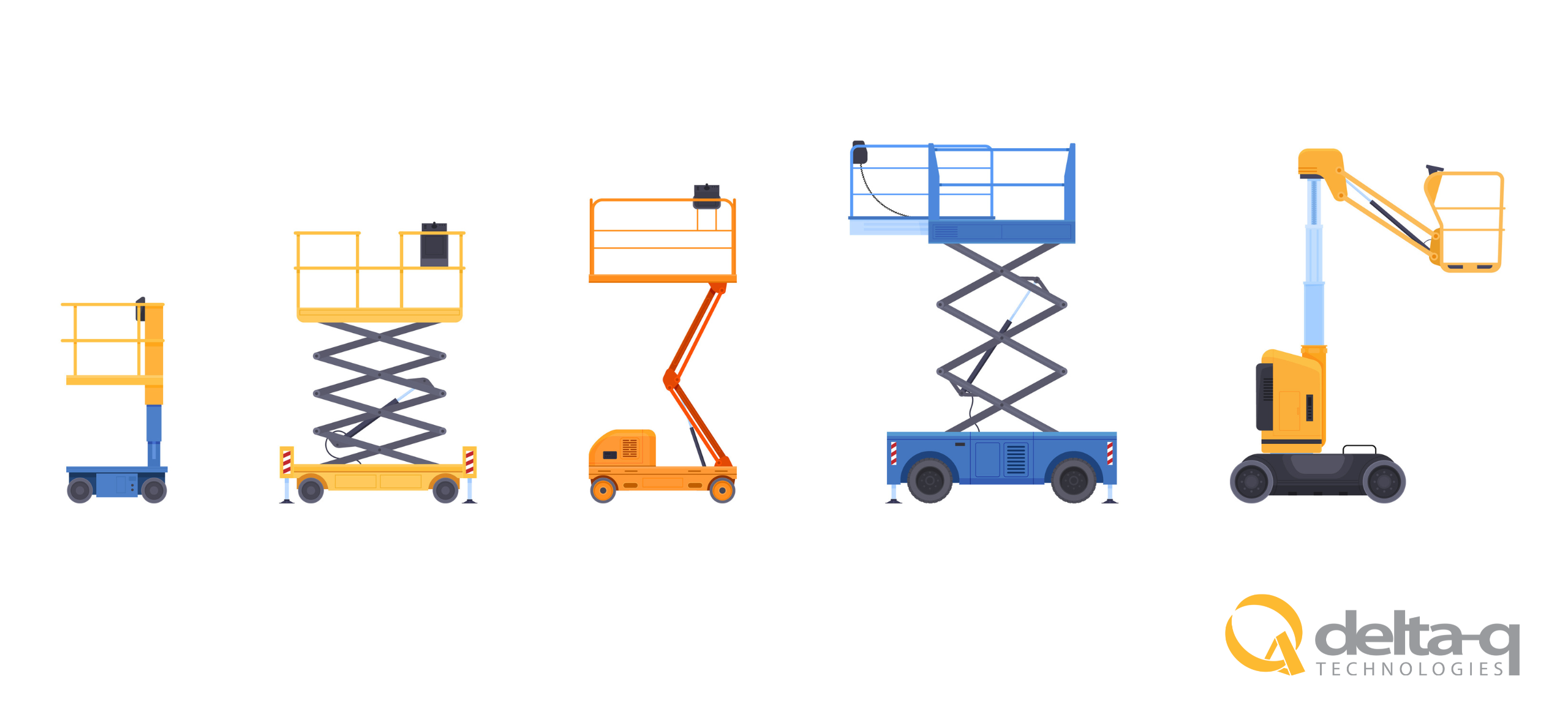
This is the sixth in a series of blogs discussing factors to consider when designing modern lift trucks.
Determining the type and capacity of battery to power a lift truck depends on the end customers’ operational needs. In our previous blog, we discussed that as the warehouse size and throughout expectations increase, so does the demand on the battery and charging systems of the material handling equipment. Lift truck designers need to understand their customer’s usage patterns and the difference between lead–acid and lithium batteries. These factors will help designers make wise investment decisions and ensure their lift truck designs meet their customers’ operational needs.
Choosing Between Lead-Acid and Lithium Batteries
As warehouse duty cycles change, the longer charge times required for lead-acid batteries make it more difficult to keep up in multi-shift facilities. Small or light-use, single-shift warehouses operate their material handling equipment as little as 5-15% of the day. For this type of operation, lead-acid batteries are sufficient because operators would have plenty of time to charge or change their machine’s batteries. Around-the-clock operations place tremendous stress on the batteries and charging systems of material handling vehicles. It is recommended that lift truck designers use lithium batteries in such facilities because they lower costs, improve the machine’s efficiency, are safer, and allow for opportunity charging.
Benefit #1: Cost
Multi-shift facilities using lead-acid powered lift trucks will see an increase in the time and cost spent on workers swapping out lead-acid battery packs. Although these batteries are less expensive to install than lithium batteries, they require a designated space in the warehouse for charging. The room needs to be well-ventilated and meet fire requirements. Adopting lithium battery technology will eliminate the need for this space, save time, and reduce labor costs of operators switching battery packs.
Benefit #2: Efficiency
Lithium batteries are more efficient during charge and discharge cycles. Lead-acid batteries waste approximately 45% of energy compared to 10-15% in lithium batteries. This inefficiency can increase electricity costs, shorten battery life, and cause a need for longer rest times to cool down (this was discussed in blog three of the series). For lift trucks used in multi-shift facilities, lithium batteries are a logical choice.
Benefit #3: Safety
Lead-acid batteries are hazardous—there is a risk of acid spills and exposure to toxic and flammable fumes. The sulfuric acid in the battery is highly corrosive and very harmful compared to acids used in other battery systems. Contact with the eye can cause permanent blindness, and accidental ingestion can damage internal organs. These hazards are completely removed when using lithium batteries.
Benefit #4: Opportunity Charging
The greatest advantage of lithium batteries is opportunity charging, where lift trucks can be charged whenever an opportunity arises (such as during breaks or in between tasks). The same practice will significantly shorten the life of traditional lead-acid batteries. Opportunity charging is beneficial for larger facilities with two-shift and around-the-clock operation.
A properly designed lithium–powered lift truck will improve charging time, productivity, efficiency, and emissions. To further improve operational efficiency, lift truck designers should consider integrating a reliable and durable on-board lithium battery charger into their machine.
To learn more about trends in material handling and Delta-Q’s charging solutions for lift trucks, visit delta-q.com today.




